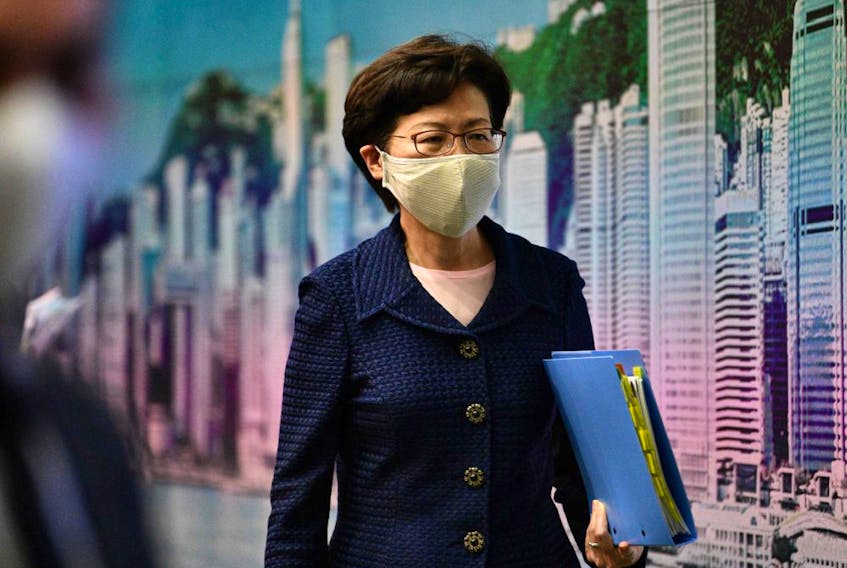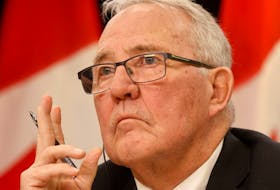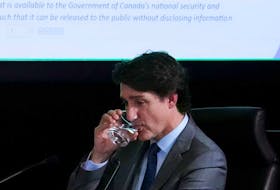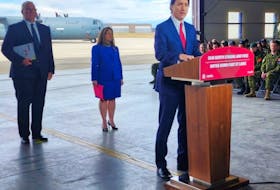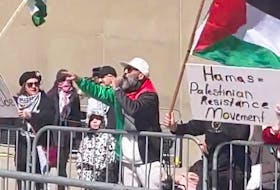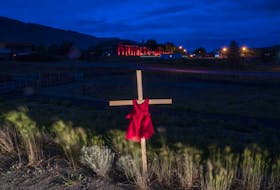This week the People’s Republic of China (PRC) broke new ground in its interference with Hong Kong’s legislative council elections. For years the Hong Kong government’s executive has been clashing with young, radical pro-democracy activists trying to establish a beachhead in the “LegCo,” Hong Kong’s local legislature. These activists, now gradually being forced out of Hong Kong, often used theatrical tactics to convey ideas of Hong Kong independence (lawful or merely cultural) that were then not terribly fashionable in the special administrative region.
But the Communist mainland’s overweening assertion of power has made all of Hong Kong’s classes more defiant and raised the stakes. There is a danger that an election even half-free, as LegCo elections are at best, would result in an anti-mainland popular front gaining a significant presence in the council’s (single) chamber. This would include radicals, but also traditional “moderates” whose resistance to increasing mainland authority had not yet resulted in exclusion from the assembly.
China has delivered a double-barrelled response. The second and more attention-grabbing part came on Friday, when Hong Kong Chief Executive Carrie Lam announced that the LegCo elections originally scheduled for Sept. 6 will be delayed by a full year, allegedly due to the coronavirus. Since Beijing will choose the membership of the LegCo in the meantime, this is obviously troubling, and raises the question whether there will ever again be another popular election in Hong Kong.
But if you are looking at the Hong Kong situation strategically, you know that China is still committed to respecting the form of the “one country, two systems” principle. Indeed, it is a major focus of official Chinese rhetoric against Hong Kong pro-democracy figures that those dissidents are really defying the principle in pretending to uphold it. The delay of the election is an acknowledged departure from legality, and as pathological and predatory as the mainland regime is, it is still very concerned with appearances.
So the delay of the election is intended to, well, delay the election, but it will also have the effect of distracting international observers and pundits from what the regime did on Thursday.
As Reuters reported, returning officers receiving nomination forms for the election disqualified a dozen pro-democracy candidates, all at once, from running in the election. This kind of purge was already without precedent in Hong Kong. The exclusion of the occasional radical from the LegCo would not be unusual, but this would typically involve a confrontation in the chamber at the time of swearing-in. This mass disqualification targeted members of the recognized Civic party, and happened at what was supposed to be the outset of the process.
It is all allegedly kosher because of a nifty PRC trick. When China imposed a new “national security law” on Hong Kong in June, creating new communist-style political offences accompanied with suitable punishments, it was careful to incorporate the provisions of the Beijing-made law into an annex to Hong Kong’s Basic Law, its equivalent of a constitution. It was able to do this after consulting with Lam and the rest of the Hong Kong executive, who are its acknowledged puppets; it was not required to submit changes to the Basic Law to the LegCo. This is one of those messy details that didn’t get sorted out in a satisfactory way at the time of the handover of Hong Kong in 1997.
Hong Kong’s election law requires candidates to swear an oath to uphold the Basic Law — an innocuous-seeming requirement, perhaps. American legislators swear to defend their constitution, too. But returning officers have the power to investigate potential candidates for their compliance with the oath requirement, and can decide the oath was not “genuine,” even if the right form has been signed.
That means that publicly opposing the new national security law equals opposing the Basic Law. If you don’t like the new bolted-on part of the constitution, and don’t think it should have been introduced, and you have said so publicly, an apparatchik connected to Hong Kong’s political executive can forbid you from running for the legislative council. This was all explained very politely by the Hong Kong Electoral Affairs Commission a couple of weeks ago.
And if that is going to be the situation in your proudly “democratic” special administrative zone — belated elections, and the government gets to decide who runs anyhow, after getting an extra year to check everyone’s political bona fides — well, at that point there is not much value left in going ahead with the simulacrum of an election, is there?
If Hong Kong’s next LegCo election takes place in 2021 as planned, there will be some instinctive sighs of relief. And elections are partly theatre. Whenever this one happens, it will be an opportunity for Hong Kong to signal its continued determination to have a political system of its own, with multiple parties and civil liberties. But the LegCo, never close to fully democratic, will be that much further away from being free. Let’s remember not to cheer.
National Post
Twitter.com/colbycosh
Copyright Postmedia Network Inc., 2020

